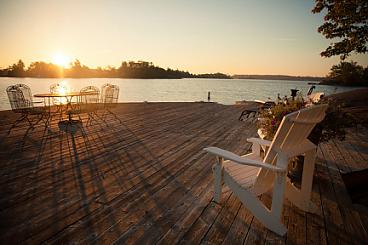Basic goods (IV) – Free Time
Basic goods (IV) – Free Time
The Skidelskys, in their book How much is enough?, correctly list free time as a basic good. In their critique of the way in which the market has to a large degree taken over our lives, the Skidelskys argue that we should have more free time, defined as time that one can spend on what gives you satisfaction – non-material satisfaction – and serves no other purpose. This form of free time has become ever scarcer over the last few years. In my view, this is no coincidence.

Say you’re sitting on a bench in the woods. No Internet connection, no telephone, only the peace of nature. Many people would then begin to think about themselves. Doesn’t always have to be profound, but it can happen that this peace enables you to hold up a mirror to your self. Am I spending my life well. What do I mean to others? Am I actually happy with my present existence?
For a society in which the market takes centre stage, thinking people are burdensome. As long as they think in an economically rational fashion, that’s fine, but say that they come to the conclusion that they want to work less, consume less and use the tide freed for social contacts and – what could be crazier? – altruistically helping others. Then the economic models no longer fit.
Of course technological developments have had a great deal to do with this, but I have noticed that children now no longer have much time to think. Education is demanding and even at primary school everything is about ‘tests’. Students in our times are being forced into a straitjacket because the whole system of financing studies, which enables students to develop, is being demolished. Work has become more intensive. Whether you are a home help or a senior civil servant, everything is now subject to ‘measurement’ and ‘planning and control’. The systematic increase in the pension age means that pensions and illness increasingly go together, giving old people as well fewer possibilities to think in an undisturbed situation – and to pass their thoughts on to later generations.
So what ‘the market’ likes to see is people who are continually busy with economic activities, and this is also the philosophy on which the European Commission bases its approach. That’s also why it’s so important that Brussels keeps its hands off our culture and our education system, which are themselves being increasingly ‘marketised’ and directed purely towards profitability. Stimulating culture and stimulating education fade as a result into the background.
Perhaps this is the main reason why Brussels comes across as being so soulless. If you never have an eye for anything but the economic aspect of an issue, you reduce human beings to economic animals. It’s time we had less economic rationality. Time for demonstrations for the right to development, summed up perhaps in a single slogan: ‘We demand free time’.
- See also:
- Dennis de Jong
